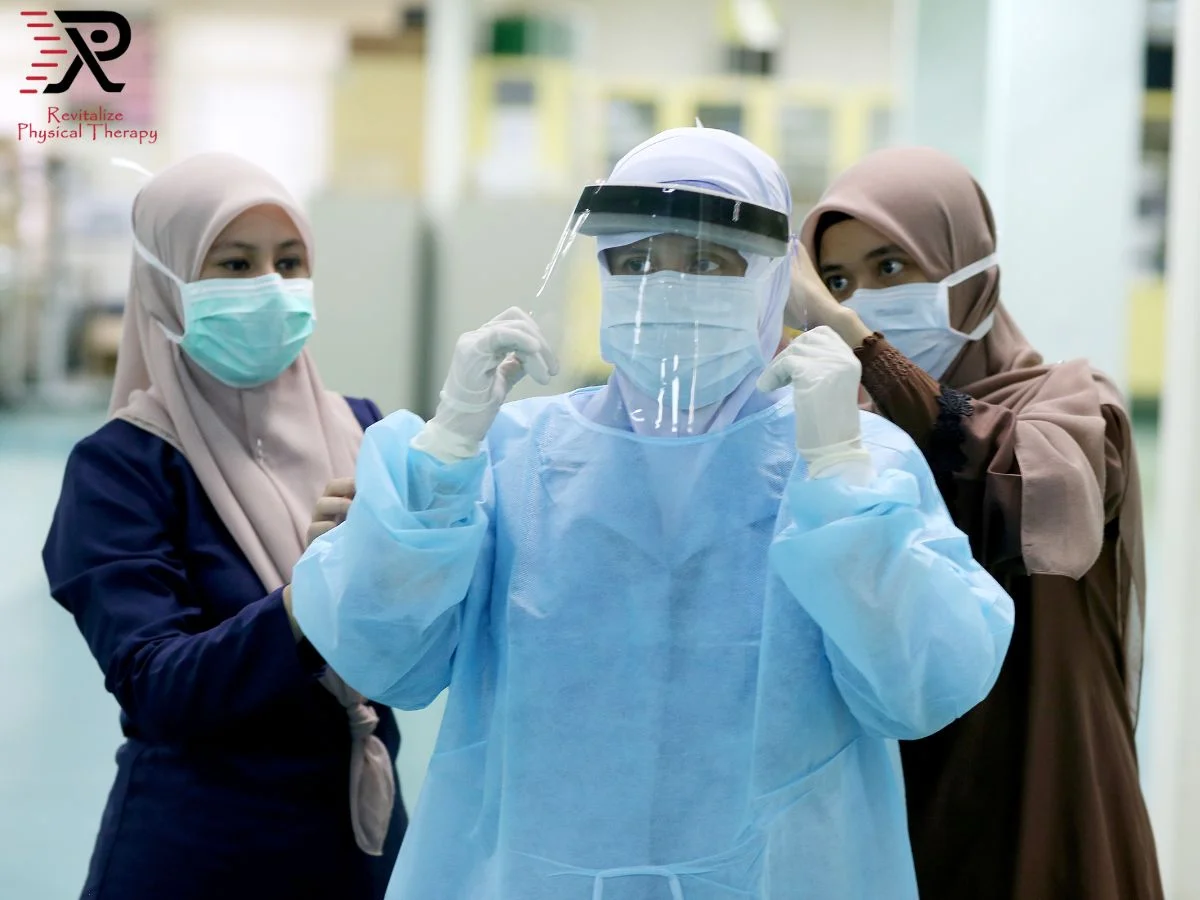X

R
e
v
i
t
a
l
i
z
e
P
h
y
s
i
c
a
l
T
h
e
r
a
p
y

